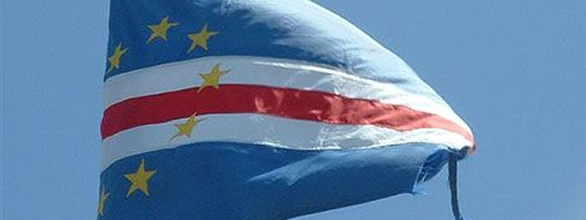Cabo
Verde
Politics and societal
life |
| |
Since having become independent
in 1975, the island state has been a parliamentary
republic with a majority election system. Despite
the poverty and the rife unemployment, there is
no social tension.
The periodically occurring elections run according
to democratic principles and fully free of intervention.
The population predominantly confesses to be Catholic
and Protestant.
Approximately 20% of the gross domestic product
results from the contributions sent by Cape Verdeans
living in other countries to their families back
home. There is still a delicate situation throughout
the country which is particularly serious for
young people due to the lack of infrastructure
for enterprise. The path of immigration is currently
not readily open for many nowadays due to the
restrictive immigration policies in North America
and the EU. They can only hope that the growing
interest in financial investments on behalf of
foreign investors will create a number of jobs. |
| |
 |
| |
| Particularly interesting is
the tourist development of the country since the
mid 90ies, which has mostly taken place on the
islands of Sal and Boavista. With the opening
of the new airports in Boavista and São
Vicente plus the possibility of reaching the Islands
with flights from foreign countries, the tourist
potential is growing incredibly. The industrial
sector of tourism already makes up 12% of the
gross domestic product of the country. This tendency
is growing. The construction branch and the service
sector drive the economy and is slowly but surely
pulling the country out of the poverty caused
by centuries of paralysis. |
| |
|
|
 |
|